The fundamentals of the plan for the reconstruction of Ukraine after the war, with European and global funding, were presented on Wednesday, May 18, by the European Commission.
The war resulted in the collapse of Ukraine’s tax, export and other revenues, coupled with large-scale appropriation of assets and exports, including in the agricultural sector, as well as a sharp drop in basic spending. The International Monetary Fund estimated Ukraine’s balance of payments deficit by June at about 14.3 billion euros ($15 billion).
“To address the issue of significant short-term financial support for Ukraine to continue basic services, meet humanitarian needs and restore the most basic damaged infrastructure, a concerted international effort will be required, in which EU will be ready to play his part. The Commission highlights the offer of additional macro-financial assistance to Ukraine in the form of €9 billion loans in 2022, complemented by support from other bilateral and multilateral international partners, including the G7.
Financial assistance within the framework of Rebuild Ukraine will be paid in installments, with long repayment periods and an interest rate on preferential terms, thanks to a guarantee from the Union’s budget. To make this possible, Member States will have to agree to provide additional guarantees. The Commission emphasizes that “a significant global financial effort will be required to rebuild the country after the damage caused by the war, in order to lay the foundations of a free and prosperous country, committed to European values, well integrated into the European and world economy, relying on its European course.”
As Russia continues its offensive, the overall needs for Ukraine’s reconstruction are not yet known, but from now on, it is important to develop the basic building blocks of this international effort. Support should have a medium- and long-term horizon.
Recovery efforts should be directed by the Ukrainian authorities in close cooperation with the EU and other key partners such as the G7 and G20 and other countries, as well as with international financial institutions and organizations. Partnership between the cities and regions of the EU and Ukraine will enrich and accelerate reconstruction.
The international coordinating “Platform for the Reconstruction of Ukraine”, under the joint leadership of the commission and the government of Ukraine, will act as a general strategic management body responsible for approving the reconstruction plan to be developed and implemented by Ukraine, with administrative support and technical assistance from the European Union.
The platform will bring together partners and supporters, including EU Member States, other bilateral and multilateral partners and international financial institutions. The Ukrainian Parliament and the European Parliament will participate as observers.
The RebuildUkraine reconstruction plan, approved by the platform after a needs assessment, will be the basis for the EU and other partners to identify priority areas to be selected for funding and specific projects. The platform will coordinate the sources of funding and their allocation to optimize use, as well as monitor the progress of the project.
To support the reconstruction plan, the commission proposes to create a Rebuild Ukraine mechanism, as the main legal instrument for EU support, combining grants and loans. This mechanism will be integrated into the EU budget, ensuring transparency, accountability and sound financial management of this initiative with a clear link to investment and reform. It will build on the experience of the EU under the Recovery and Resilience Mechanism, but will be adapted to the unprecedented challenges of rebuilding Ukraine and accompanying it on the European path. The mechanism itself will have a dedicated governance structure that will ensure full accountability on the part of Ukraine.
Emphasis will be placed on rule of law reforms and the fight against corruption, while investments made in line with EU climate and environmental policies and standards will help Ukraine emerge stronger and more resilient after the devastation of Russian invasion.
The unforeseen needs created by the war in Europe far exceed the funds available under the current multi-year financial framework. Therefore, it is necessary to find new sources of funding. The proposed architecture is flexible enough to cover them.
The additional grants to be made available to Ukraine could be funded either through additional contributions from Member States (and third countries, if they so wish) to the Union’s existing machinery and programs to benefit from the proper use of funds, or through a targeted review of a multi-annual financial program. These sources could also finance loans to Ukraine under the mechanism. However, given the scale of loans that may be required, options include raising funds for loans on behalf of the EU or under national guarantees from Member States.
Ursula von der Leyen, President of the European Commission, said:
“The unprovoked and unjustified Russian invasion of Ukraine has caused horrendous human suffering and massive destruction across the country, forcing millions of innocent Ukrainians to flee their homes. Ukraine can count on the full support of the European Union. The EU will continue to provide Ukraine with short-term financial support to meet its needs and provide basic services. We are ready to lead international efforts to help restore a democratic and prosperous Ukraine. This means that investments will go hand in hand with reforms that will help Ukraine follow its European path.”
Since the beginning of the Russian offensive, the EU has stepped up its aid significantly, mobilizing about €4.1 billion to support Ukraine’s overall economic, social and financial resilience in the form of macro-financial assistance, budgetary support, emergency assistance, crisis management and humanitarian assistance. Military support measures have also been taken by the European Peace Fund in the amount of 1.5 billion euros, which will be used to return to Member States for their in-kind military support to Ukraine, and another 500 million euros is currently being mobilized.
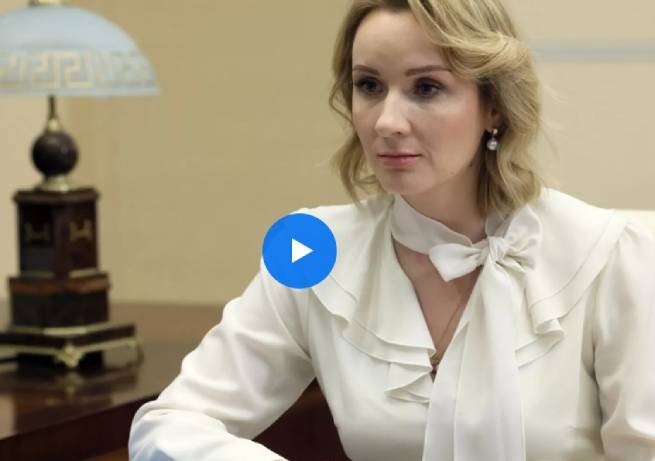
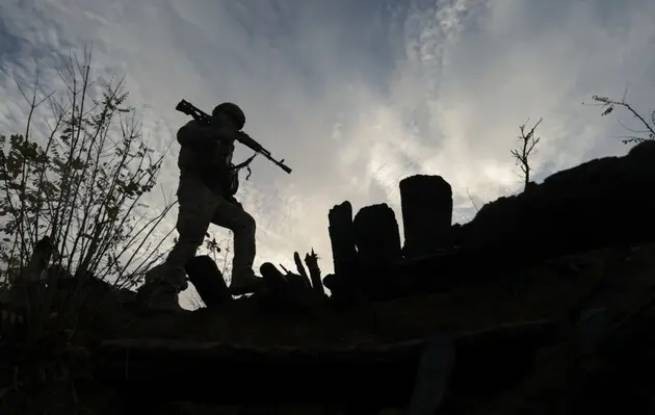
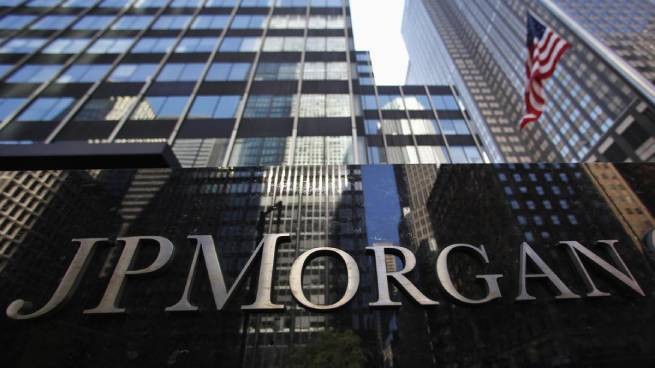
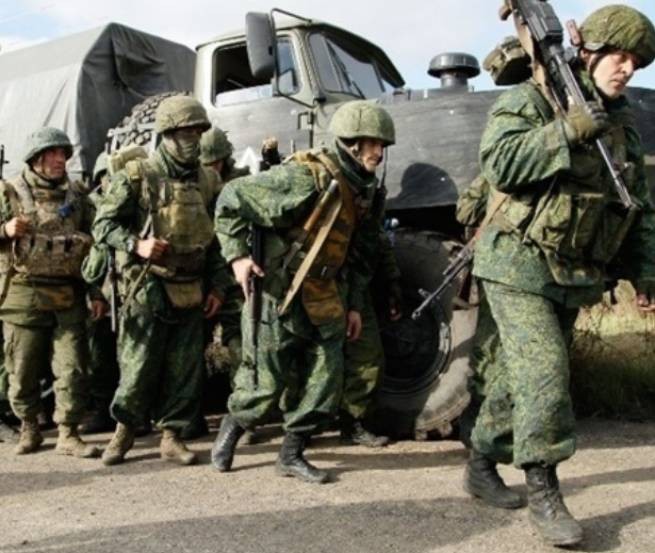
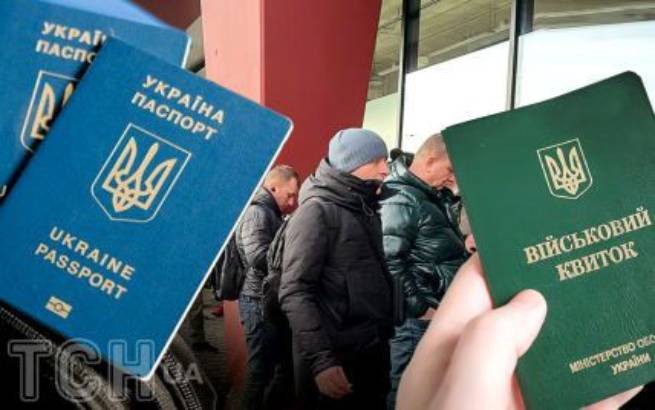

More Stories
Funds of the largest US bank JP Morgan Chase were arrested in the Russian Federation
Deputy Shoigu, detained in the Russian Federation, faces 15 years (video)
Latvia will not teach Russian in schools